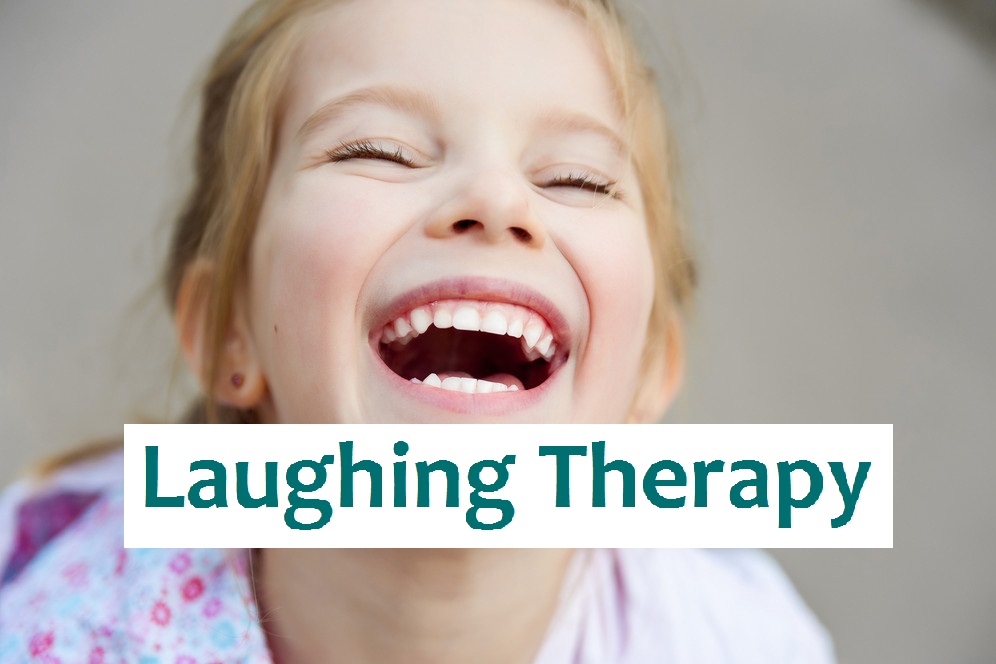Author : Dr. Jakir Hossain Laskar, PhD
Travelling is a health tonic, but for many people it may be very stressful. Travel planning, the entire trip and previous concerns related to journey can put your mood gloomy and anxious. In psychiatry, fear during travelling is known as hodophobia, which is commonly known as travel phobia. Some people hesitate to travel to new destinations. Some are very much afraid to travel to a specific mode of transportation, as for example, aeroplane or ships. This hodophobia is a personalized irrational phobia with intensified fear to travel new places. Many people may get frightened in any type of transportation.
What are the symptoms of hodophobia?
When the day approaches for travelling and the thought of travelling comes in mind, people start fearing intensely. As a result of the manifestation of physical symptoms, people experience headache, sweating, tremor and shaking hands, gastrointestinal upset along abdominal pain, diarrhoea, dizziness and shortness of breath along with panic attacks. Some people get frightened when in lines at the airport, some people get confused which train to take; some have severe nervousness checking into the hotel. People with hodophobia can also have symptoms like fainting, muscle stiffness, loss of orientation, dryness of mouth, feeling imminent disaster, etc. When travel fear becomes fairly progressive, people start suffering in anxiety disorder leading to severe panic attack in their emotional state.
How many types of travel phobia are expressed?
- Agyrophobia – The fear of crossing the road.
- Disposophobia – The fear of losing things or intense fear of getting rid of stuff. A large number of people across the globe are considered to be affected by this phobia which is also called as ‘ Hoarding Disorder’.
- Claustrophobia – A form of anxiety disorder with the fear of enclosed places.
- Nomophobia – The fear of being out of mobile phone contact.
- Aviatophobia – The fear of flying in the sky.
- Xenophobia – The fear of strangers.
- Autophobia – The morbid fear of being alone or isolated.
- Emetophobia – The fear of nausea and vomiting.
- Acrophobia – It is a fear of heights. Mountain road traffic can cause dizziness in some people.
- Tacophobia – The fear of speed. Driving at a high-speed cause a feeling of loss of control in many people.
- Geophirophobia – Some people are afraid to get into passage through long tunnels.
What are the causes of travel phobia?
- Past trauma – If someone has previous traumatic experience related to a journey, he may become hodophobic in future.
- Travel sickness – Because of some physical symptoms like nausea, vomiting or motion sickness during a trip, some people succumb to travel phobia.
- Solo traveling – Some people get feared to travel alone. Women especially do suffer in this kind.
- Comfort zone syndrome – Getting out from the comfort zone is not easy for some people who always think of worst possible situation during the trip. They do not think the positive aspects of travelling to their desired destinations.
- Communication problem due to language barrier – People who will be going to a trip in a foreign country automatically think of unpleasant situations relation to communication skills.
- Fear because of everything unknown – When people choose overseas trip, they face everything unknown, i.e., people, places, customs etc. Whether they will be able to cope up with the situation or not make them anxious and doubtful.
- Rear of unexpected costs in a trip – Travelling is always expensive. Some people have a fear of spending all of their money on a journey. Running out of money makes them frightful.
- Fears of robbery – Tourists often face robberies. Drawing analogy to this fact, many people have the fear of getting robbed. They think of losing money, belongings, credit cards, wallets, etc.
- The fear of accident – Many people think of the fear of getting injured abroad. They think that if I die because of accident, what will happen to my family?
- Flying fear – With the advancement of technology the number of aeroplane crash is very small in today’s world. Yet, some people suffer the irrational fear of flying in the sky. Most of them get anxious and become hysterical when the aeroplane takes off.
How we can cope up with travel phobia?
To overcome travel phobia with mild symptoms, you plan and organize your trip properly. But if you’re suffering with severe symptoms of hodophobia, consult with a clinical psychologist, psychiatrist or with other mental health professionals.
- Confirm your bookings – If you’re to travel by public transportations, make confirmations about your bookings well in advance. Train or plane tickets, hotel reservations should be confirmed a few days before your journey. Make plans for your route, note the locations of nearby restaurants, keep plenty of time for your early arrival and must have a backup plan in case of delays.
- Visualize your journey – Try to imagine that you can well manage all the major steps of entire trip. If you can visualise success in your mind’s eye, it will build your confidence which will help reducing the stress and tension.
- Do homework prior to your journey – Educate yourself about the trip through internet. Learn about important amenities and facilities, and make yourself familiarize with security procedures. Mind you, not to pack anything that is prohibited.
- Keep yourself physically fit – Have plenty of sleep in the days before your journey. Keep sufficient water and enough salty snacks throughout your trip. Physical exhaustion and dehydration may put you in difficulty to face challenges and inconveniences.
- Keep yourself away from alcohol and narcotic drugs – You must avoid am glass of wine of sleeping pills throughout your trip. If any acute medical condition arises, follow instructions the doctor provides. Self-medication can make your condition worse.
- Travel with a companion – Travelling with a friend or relation is much better than travelling alone. Your companion will help you handle challenges.
- Visualise the situation – To put the travel fear behind you, write all the scenarios throughout your journey and its possible solutions according to you on a piece of paper and go through it several times. You will feel relieved, as if a heavy weight is being lifted from your shoulders. If you consider and think of the positive aspects of travelling to your dream destination, you’ll find many reasons to do it.
- Know your destination – Fear of the unknown can be minimized through smart research on internet where there are around a million travel-related sites from where you can make your itinerary, find out places of interest, what to do and what to avoid, where to try best food, etc. You’ll no longer be anxious and afraid, if you have good preparation for the trip.
- Safe travel – If you cannot overcome the fear of flying by aeroplane, you can plan to travel on land. You’ll always find several methods of transportation that will help you travel to your dream destination slowly but safely.
- Leave your valuables at home – The fear of getting robbed is a valid concern. But you can easily minimize the chances of getting robbed. Keep yourself well-informed about the destination you are about to travel. Learn from local people how to encounter the problems. However, leaving your valuables at home is the best solution to this problem.
What are the therapeutic techniques applied for the treatment of travel phobia?
- Cognitive Behaviour Therapy (CBT) – Like other phobias, hodophobia is treated by behaviour therapy with cognitive approach practised by clinical psychologists and counselling psychotherapists.
- Hypnotherapy – Based on the application of hypnotism, travel phobia is treated with focus on reducing the patient’s attention levels to free him or her from psychic and emotional attachments. A special therapeutic technique of hypnotism make the patient eligible to answer a set of questions, prepared by the professionals, without being conditioned.
- Progressive Muscular Relaxation Therapy – The nervousness and acute anxiety caused by hodophobia creates a state of muscular tension in our physical system. By relaxing the different groups of muscles, this relaxation technique controls our psycho-somatic stress levels.
- Anxiety Exposure Therapy – This is one of the most effective procedures to work with panic disorders, obsessive compulsive disorder (OCD), other anxiety neurosis and some specific phobias. The result of anxiety exposure to certain stimuli ends up generating new learning and possibilities for improvement in the patient.
- Supportive Psychotherapy – This is a group therapy with other people who have been experiencing the same situation and position with travel phobia. Through this support group therapeutic technique, the phobia victim can work assertiveness of participants encouraging interaction between them.
- Medication – When the phobia goes beyond control, medicines are required for treatment to manage panic attacks. Both Allopathy and Homeopathy have good scope of treatment for anxiety neurosis, panic disorders, mood swing and some specific phobias.


